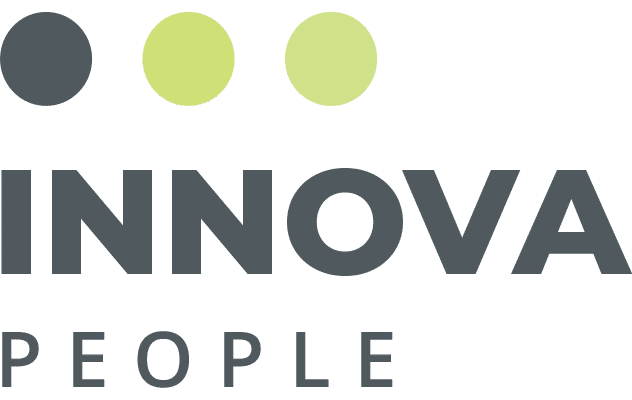From the strong work ethic of the Baby Boomers born between 1943 and 1964 to the era-defining rebels of Generation X, born between 1965 and 1980, to the tech-savvy Millennials of the 1980s and 1990s and now the digitally native Gen Z, born from 2001 to 2020, each generation brings its own set of experiences, values, and perspectives.
It’s common to hear sweeping generalizations about Millennials being ambitious yet entitled or Generation X characterized as fiercely independent but somewhat cynical. These stereotypes, though convenient shortcuts, can prove detrimental in professional environments, undermining individual performance and stifling collaboration across generational lines. They create barriers to understanding and empathy, impeding the appreciation of each generation’s diverse talents and insights.

By 2025, 99.3% of the US workforce will comprise Baby Boomers, Generation X, Millennials, and Generation Z.
In a Living, Learning, and Earning Longer Collaborative Initiative survey, more than eight in 10 global leaders recognized that multigenerational workforces are crucial to growth. Yet, less than half of companies include age diversity in their DEI initiatives. Pre-pandemic employment practices won’t take us into the future.
Organizations should reconsider their DEI strategies to meet the demands of a new era, drive operational effectiveness, increase competitiveness, widen their appeal to consumers of all ages and abilities, and build long-term resilience.
While generational differences in the workplace are often viewed as challenging, savvy tech companies recognize them as a significant benefit. In this blog, we’ll share how embracing generational differences can propel tech companies forward and offer some best practices for addressing the growing age gap in the workplace.
How embracing generational diversity can drive tech companies ahead
Diverse Perspectives Drive Innovation
Each generation brings unique experiences, values, and perspectives to the table. This diversity fuels creativity and innovation by fostering a rich exchange of ideas. In the fast-paced tech industry, where innovation is the lifeblood of success, having a variety of viewpoints can lead to breakthrough solutions and products that resonate with a broad audience.
Knowledge Transfer for Continuous Learning
Older generations typically possess valuable industry experience and institutional knowledge, while younger generations are adept at leveraging the latest technologies. By fostering collaboration between generations, tech companies can facilitate knowledge transfer, ensuring that expertise is shared across the organization. This continuous learning cycle keeps the company agile and adaptable in an ever-evolving landscape.
Collaborative Problem-Solving
Generational diversity encourages collaborative problem-solving by bringing together individuals with different approaches and skill sets. Seasoned professionals may offer traditional solutions based on experience, while younger employees may propose innovative, tech-driven strategies. By harnessing the strengths of each generation, tech companies can tackle complex challenges with agility and creativity.
Enhanced Employee Engagement and Retention
Embracing generational diversity fosters a culture of inclusion and belonging, where employees of all ages feel valued and respected. This sense of belonging boosts employee engagement and retention rates, as individuals are likelier to stay with a company where they feel understood and appreciated. In a competitive industry like tech, retaining top talent is critical for sustained success.
Future Readiness and Adaptability
The tech industry is unpredictable, with new technologies and trends emerging rapidly. By embracing generational diversity, tech companies can future-proof their organizations by cultivating an adaptable and resilient workforce. A diverse team is better equipped to navigate uncertainty and seize opportunities in an ever-changing market landscape.
Embracing generational diversity isn’t just about tolerance—it’s about actively valuing and leveraging the unique perspectives and experiences that each generation contributes. By fostering an inclusive environment where individuals of all ages feel empowered, we pave the way for a more resilient and adaptive workforce that thrives on change and continually pushes the boundaries of what’s possible. After all, it’s at the intersection of diverse perspectives of progress, moving us forward on the journey of innovation and discovery.
Here’s how tech leaders can address the potential conflicts or tensions that may arise from generational diversity in the workplace.
Open Communication Channels
Creating open communication channels allows employees to express their thoughts and concerns regarding generational differences without fear of judgment. This might include regular team meetings, feedback sessions, or anonymous suggestion forms where employees can share their perspectives and suggestions for improvement.
Mentorship and Reverse Mentorship Program
Pairing employees from different generations in mentorship programs can foster understanding and collaboration. Younger employees can benefit from the wisdom and experience of older colleagues, while older employees can gain insight into new technologies and trends from younger colleagues through reverse mentorship.
Create More Inclusive Hiring and Promotion Processes
This can include blind resume screening and diversity training for hiring managers. This approach helps to minimize unconscious bias during the initial stages of candidate evaluation. By focusing solely on qualifications, skills, and experience, blind resume screening ensures that candidates are assessed based on merit rather than extraneous factors.
Just as we champion the benefits of racial and cultural diversity in the workplace, so should we celebrate the advantages of a generationally diverse workforce. When we learn to harness the collective wisdom of colleagues from varying generational backgrounds, we unlock new avenues for innovation and creativity. Far from being a source of conflict or tension, these differences are catalysts for growth, ensuring that our workplaces remain dynamic and forward-thinking.




